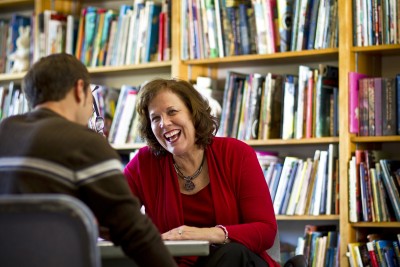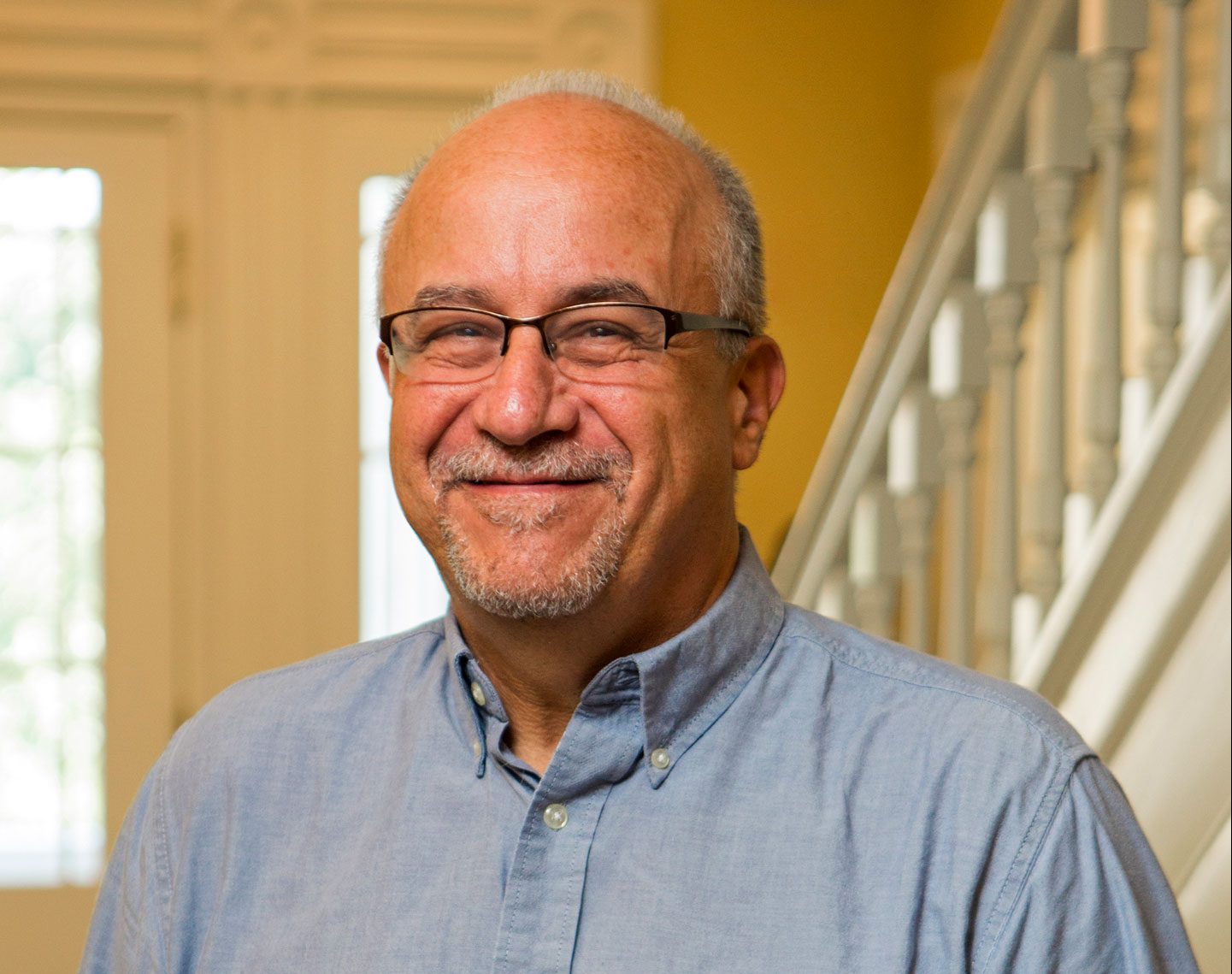Meg Edwards
Transcript correspondent
mmedward@owu.edu
Service to others will once again be the central theme for a Small Living Unit (SLU) on the campus of Ohio Wesleyan.
The former home of the House of Peace and Justice, 94 B Rowland Ave. will be occupied in the fall by the House of Service, Education, and Learning (SEAL). Freshmen Grace Ison and Carissa Silet proposed the house to the office of Residential Life in January and were approved to start looking for new members that same month.
It’s a significant development. OWU has been without a community service-based SLU, but it was one of three universities awarded the President’s Honor Roll’s Excellence Award for General Community Service in 2009 under the direction of Sue Pasters, the former director of Community Service Learning.
Last week, an open house event drew about 20 prospective house members, according to Silet. She said living with other people dedicated to service would be exciting and motivating.
“We want everyone to be involved,” she said. “You don’t have to live in the house to be involved with everything that we want to do.”
Ison, who will be the moderator of SEAL, said service is important to her because she enjoys being able to do something for others and it gives her “ … new perspectives in the world and makes me rethink my priorities and my goals.”
SEAL is only the latest development in a longer history of service at Ohio Wesleyan.
Sally Leber, director of Service Learning, remembers when the House of H.O.P.E. was still on campus. H.O.P.E. was an acronym for Helping Others Pursue Education. While SEAL provides broad opportunities for students to pursue different kinds of service, H.O.P.E. provided regular tutoring in various academic areas.
Since she inherited the program in 2011, Leber said the number of students coming into her office has continued to grow. Over 1,000 Ohio Wesleyan students participated in service last semester.
Leber said she is excited to see a service-oriented SLU again.
“I believe in the collective power of the SLUs to do service. I have seen it happen,” she said.
Club Circle K is one existing service group at Ohio Wesleyan, meeting biweekly to create craft-like service projects, in addition to volunteering in the Delaware community.
Circle K has organized blood drives and canned food collections on campus, but its co-president, junior Emma Neeper said service doesn’t have to be a big event.
“[Service] is doing things that are within your power to make someone else’s life a little bit less gloomy,” she said. “Imagine how much of a better place the world would be if, for every bad thing that happens to someone, they did two good things for someone else.”



